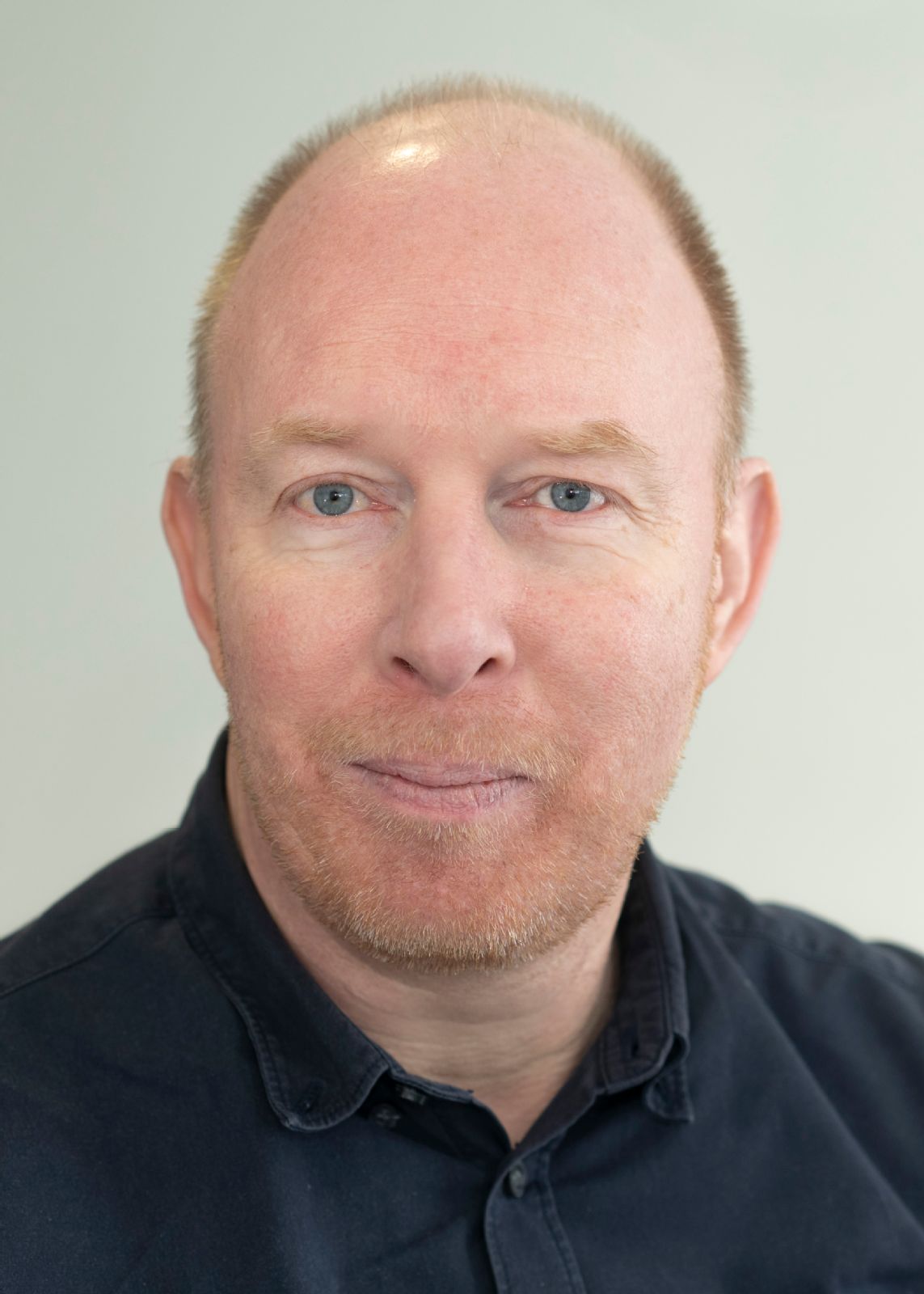Professor Hendrik Schaefer

Professor of Microbiology
Email: H.Schaefer@warwick.ac.uk
Phone: 024 765 75052
Office: D130
Twitter: @HSchaeferLabopens in a new window
Schaefer webpage
Research Clusters
Plant & Agricultural Biosciences
Warwick GRPs and Centres
Centre for Exoplanets and Habitability
Warwick Integrative Synthetic Biology Centre
Warwick Environmental Systems Interdisciplinary Centre
Vacancies and Opportunities
For PhD and postdoctoral opportunities, and interest in potential collaborations, please contact me at the above email address.
Research Interests
We study microorganisms that cycle trace gases and degrade pollutants. Despite their small size, microorganism have a major role in nature as recyclers of organic matter. Their activity has a decisive impact on how organic and inorganic compounds are distributed in terrestrial and marine environments. They also degrade a wide range of environmental pollutants.
Microorganisms produce and consume volatile compounds and trace gases which affect air quality and the composition of the Earth’s atmosphere. Despite their low concentrations, trace gases have wide ranging consequences for climate and human health. For instance, microorganisms produce the sulfur gas dimethylsulfide (DMS) which gets emitted into the atmosphere where it leads to formation of aerosols which have a cooling effect. In anoxic environments, DMS can be an important precursor for the greenhouse gas methane. Methane is degraded by methanotrophic bacteria in a wide range of environments, their activities are an important control for methane emissions to the atmosphere. We are also interested in characterising microorganisms degrading carbon monoxide, a toxic gas that impacts human health as well as being an indirect climate warming gas.
Overall, our work is aiming to increase our understanding of microbial trace gas and pollutant cycling using a range of methodologies, including microbiological and molecular biological approaches. Current work addresses cycling of organic sulfur compounds such as DMS, carbon monoxide and methane by marine, terrestrial and plant-associated microorganisms from the temperate zones to the high Arctic.
Research: Technical Summary
The focus of our research are microorganisms that cycle atmospheric trace gases and pollutants relevant for climate regulation and air quality. Microorganisms drive major processes in the Earth system as critical components of biogeochemical cycles that effect the turnover of carbon, nitrogen, sulfur, and other elements. In doing so, microorganisms affect the composition of the atmosphere. We are particularly interested in microbial production and degradation of gases that affect atmospheric chemistry and climate (e.g., dimethylsulfide, carbon monoxide, methane) and ozone-depleting compounds (methyl halides). Many of these compounds have both natural and anthropogenic sources and understanding the processes that determine their atmospheric concentrations and how they respond to climate change is important.
Recent work has investigated the cycling of organic sulfur compounds such as dimethylsulfoniopropionate (DMSP), dimethylsulfide (DMS) and dimethylsulfoxide (DMSO) in saltmarshes and the Arctic Ocean. Another area of research focusses on microbial communities in the phyllosphere (above ground parts of plants) and how they contribute to cycling of atmospheric pollutants such as carbon monoxide and para-nitrophenol. We apply a wide range of experimental approaches including microbiological, molecular biological, and meta-omics techniques.
- 2021-present Professor of Microbiology
- 2017-2021 Reader
- 2012-2017 Associate Professor in Environmental Microbiology, School of Life Sciences, University of Warwick
- 2007-2012 NERC Advanced Fellowship, Warwick HRI, University of Warwick
- 2004-2007 NERC Postdoctoral Research Fellowship, Dept of Biological Sciences, University of Warwick
- 2001-2004 NERC-funded postdoctoral research, Dept of Biological Sciences, University of Warwick
- 2001 PhD Marine Microbial Ecology, Max-Planck-Institute for Marine Microbiology & University of Bremen, Germany (including research at Netherlands Institute for Sea Research, Texel, The Netherlands)
- 1997 Diplom Biologe, University of Bremen, Germany
